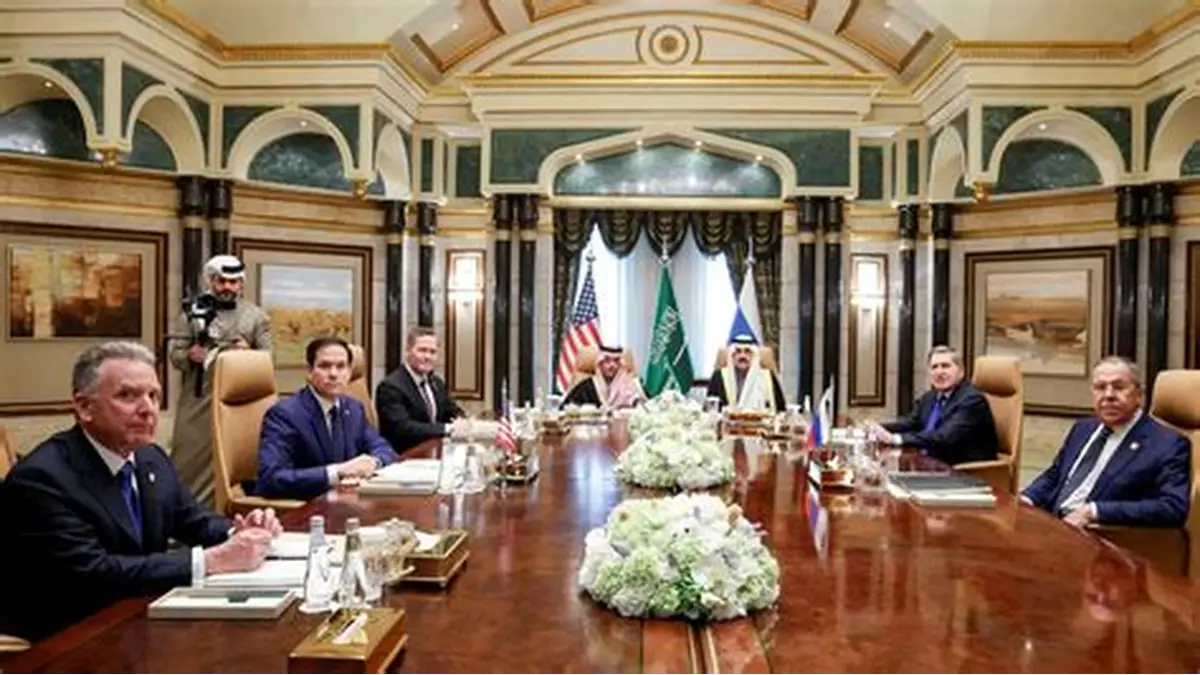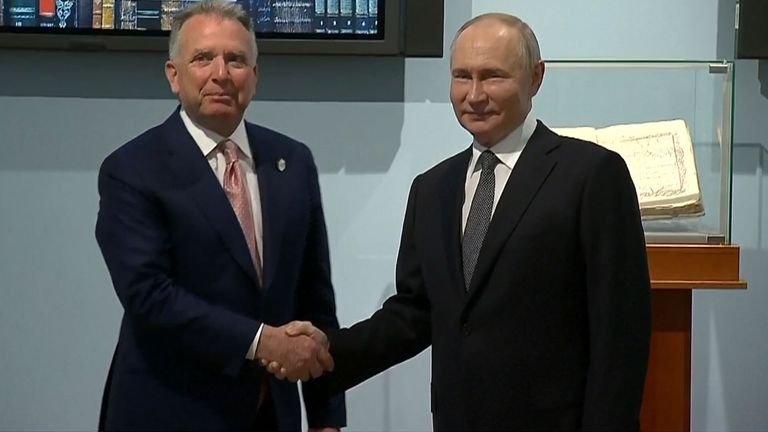The United States and Russia have held their first high-level peace meeting in years, signaling a possible shift in diplomatic relations between the two global powers. The talks took place in Geneva and brought top diplomats together to address urgent security disputes, energy policy differences, and ongoing regional conflicts. Observers say the meeting has opened a fragile yet important path toward more regular communication. While the atmosphere remains cautious, both nations have taken a step that many thought unlikely just months ago.
For nearly five years, U.S.-Russia relations have been dominated by sanctions, military build-ups, and constant accusations over global crises. During this time, leaders on both sides avoided formal dialogue, allowing mistrust to deepen. The Geneva talks broke that cycle by bringing senior diplomats together in a closed-door setting to discuss unresolved disputes face-to-face. Analysts emphasize that, although neither side announced major agreements, the resumption of dialogue itself represents a significant break from years of silence. This move shows that both governments recognize the risks of continued isolation and see value in at least testing the possibility of future cooperation.
Diplomatic sources confirm that discussions addressed several critical issues. Both sides examined options for updating arms control frameworks, explored ways to improve cyber security cooperation, and discussed measures to prevent accidental military escalations. Energy market stability emerged as a central concern, with negotiators acknowledging that rising global prices and supply chain disruptions could harm both economies. Furthermore, officials hinted that future sessions might focus on humanitarian cooperation in conflict zones where U.S. and Russian interests intersect. By outlining these topics early, both governments are signaling that they want to keep the conversation alive.
Foreign policy experts interpret the meeting as a careful test of whether each side is genuinely willing to reduce tensions. Even though Washington and Moscow still hold deep disagreements on Ukraine, NATO expansion, and Middle East policy, they have chosen to re-engage in direct talks. This decision suggests that strategic stability remains a mutual interest despite the disputes. Analysts believe that, if both parties maintain this channel, the current recalibration, however small, could lay the groundwork for more pragmatic diplomacy in 2026 and the years ahead.
World leaders and international organizations have welcomed the Geneva meeting as a rare moment of constructive engagement between Washington and Moscow. The United Nations has described it as an important first step toward restoring dialogue that can reduce the risk of miscalculation in volatile global hotspots. Financial markets have responded with modest optimism, interpreting the talks as a sign that neither side wants immediate escalation. While the path ahead remains uncertain, the meeting has sparked cautious hope that high-level diplomacy can still play a role in preventing future crises.

